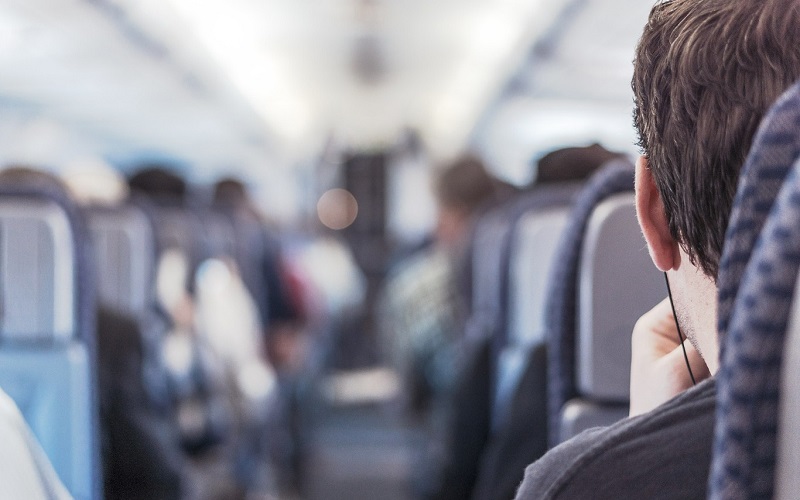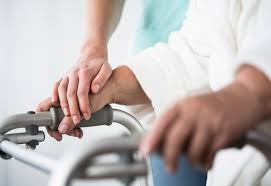Many of us have noticed anxiety before, during and after a trip or a flight. Mild levels of anxiety related to travel are very common. We are all a bit nervous before traveling or going out. The problem comes when these levels are too high. Here are a few tips for managing anxiety …
What is anxiety about traveling?
Travel-related anxiety is the worry, nervousness or fear you feel in the context of travel. Travel takes us out of our comfort zone, and it is not uncommon to feel any degree of tension or worry. Feelings of travel anxiety are somewhat punctual; they must be differentiated from the more chronic and habitual anxiety disorders.
Should I travel accompanied?
You can travel accompanied whenever you want. However, for some people sharing a trip with another person is to avoid a situation that they think they cannot handle on their own. This is not the best thing when you want to overcome an anxiety condition. The ideal is to travel accompanied by whatever you want, not because that helps you overcome anxiety.
You may also like to read another article on BlogsMujer: Boost Your Self-Confidence by Improving Your Smile

Tips to Reduce Anxiety
1) Organize your trip in advance: Leave everything tied tight so you do not get last minute surprises. Although it is not convenient to plan everything perfectly, you should leave something to improvisation to enjoy the spontaneity of travel.
2) Breathe properly: When the body is seen in a real or imaginary situation of danger releases different hormones, among them the adrenaline. So the breathing becomes faster, you sweat more, your heart beats faster and your muscles tighten. To deactivate these reactions you must slow down your breathing. Count to three as you inhale slowly, then count to three as you exhale slowly.
3) Meditate: Certain ways or ways of meditating can help you manage stress and reduce anxiety. It bets on meditation mindfulness, which is a state in which attention is paid to the contents of the consciousness of the present.
4) Relax the body: Relaxation can help you in times of anxiety. To relax the body closes the eyes, and then slowly tenses each of the muscle groups from feet to head and then relaxes. You have to keep the tension for a few seconds and then relax quickly.
5) Use the imagination: The visualization technique is very useful. You can do it during a flight or in a moment of nervousness or fear. Close your eyes and imagine a nice and relevant scene. You can even use the visualization technique to rehearse a situation that you are worried about. Walk through the situation in your head and think about how you will handle it. This allows you to feel more relaxed when you face the situation or the actual moment.




